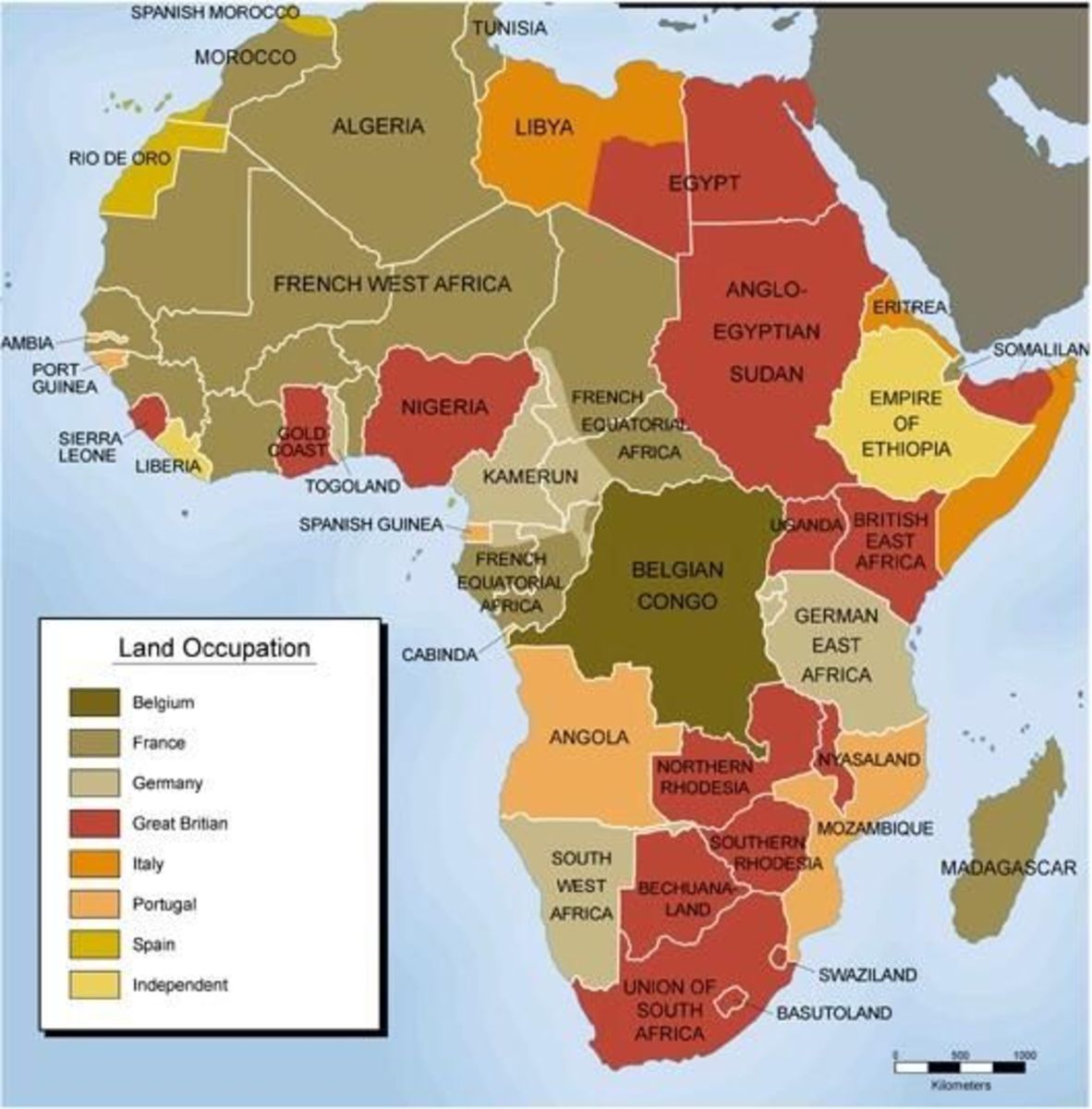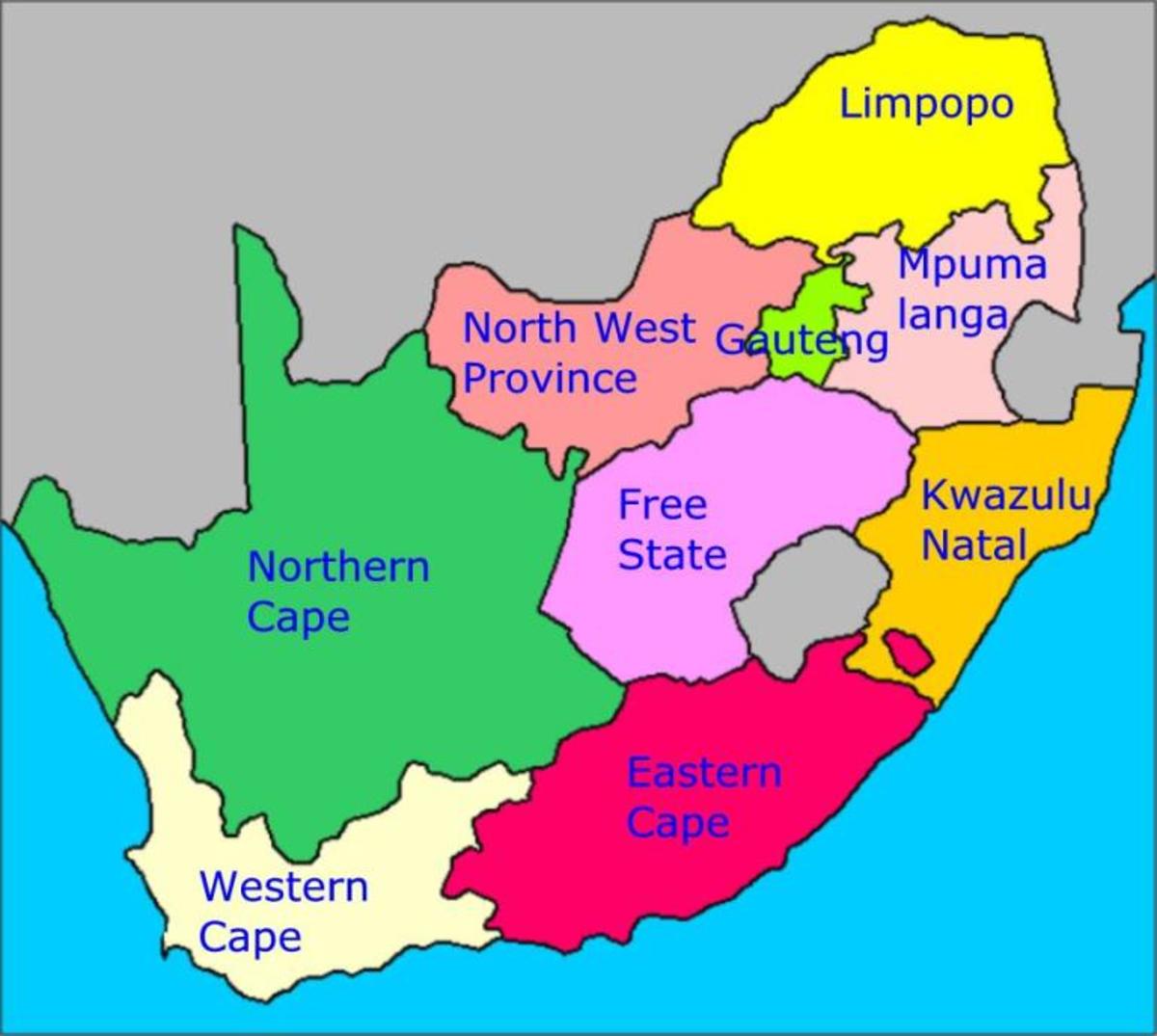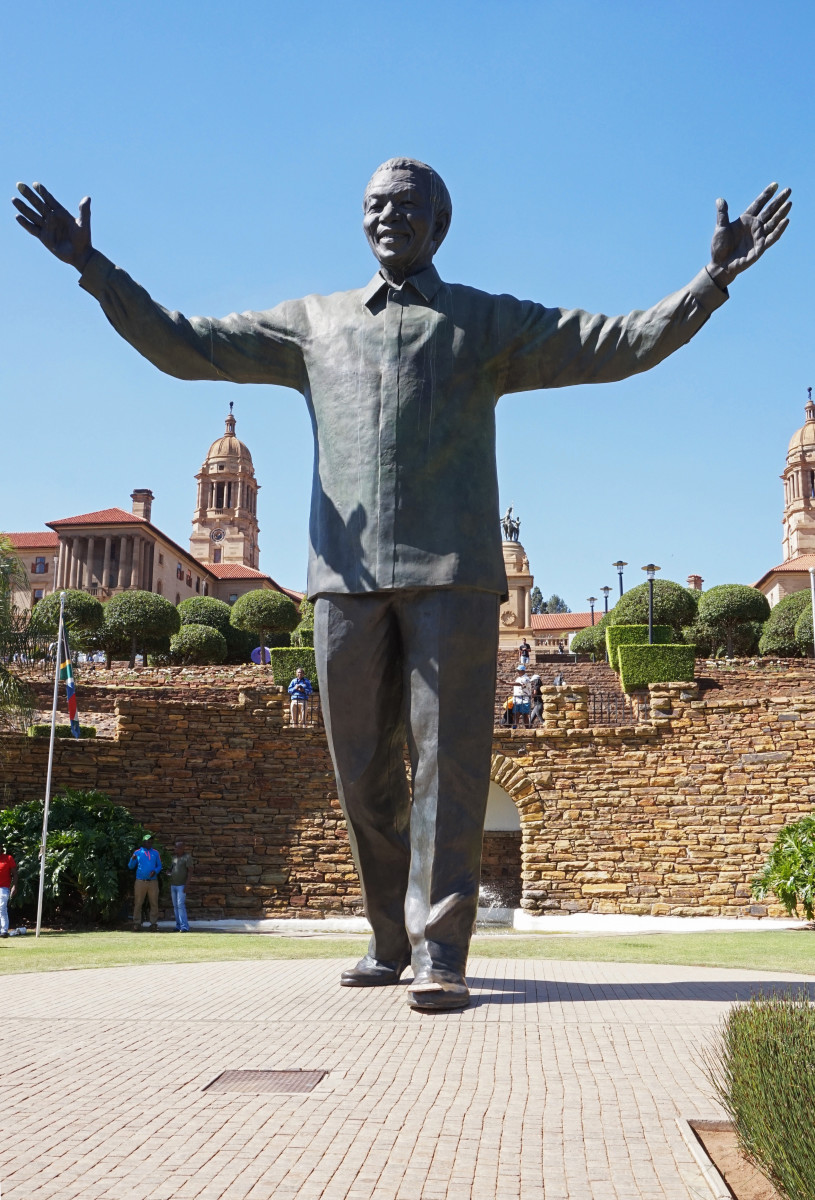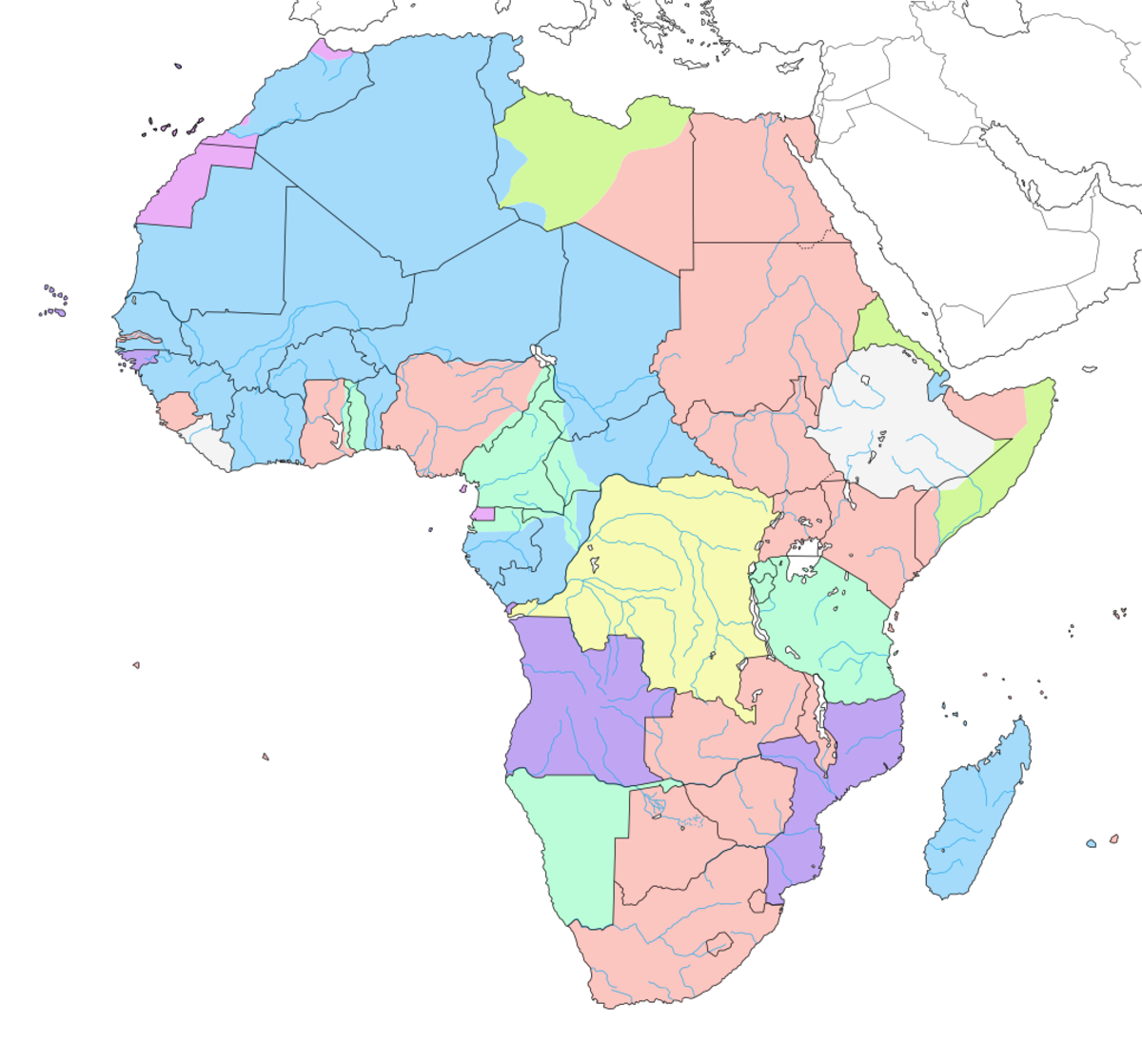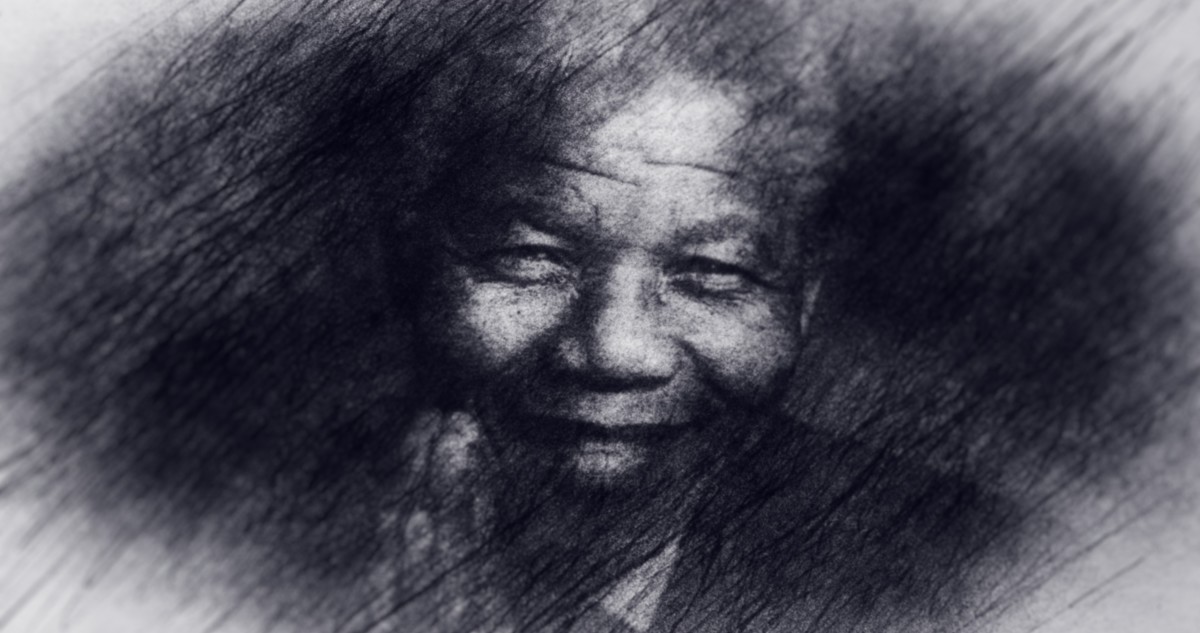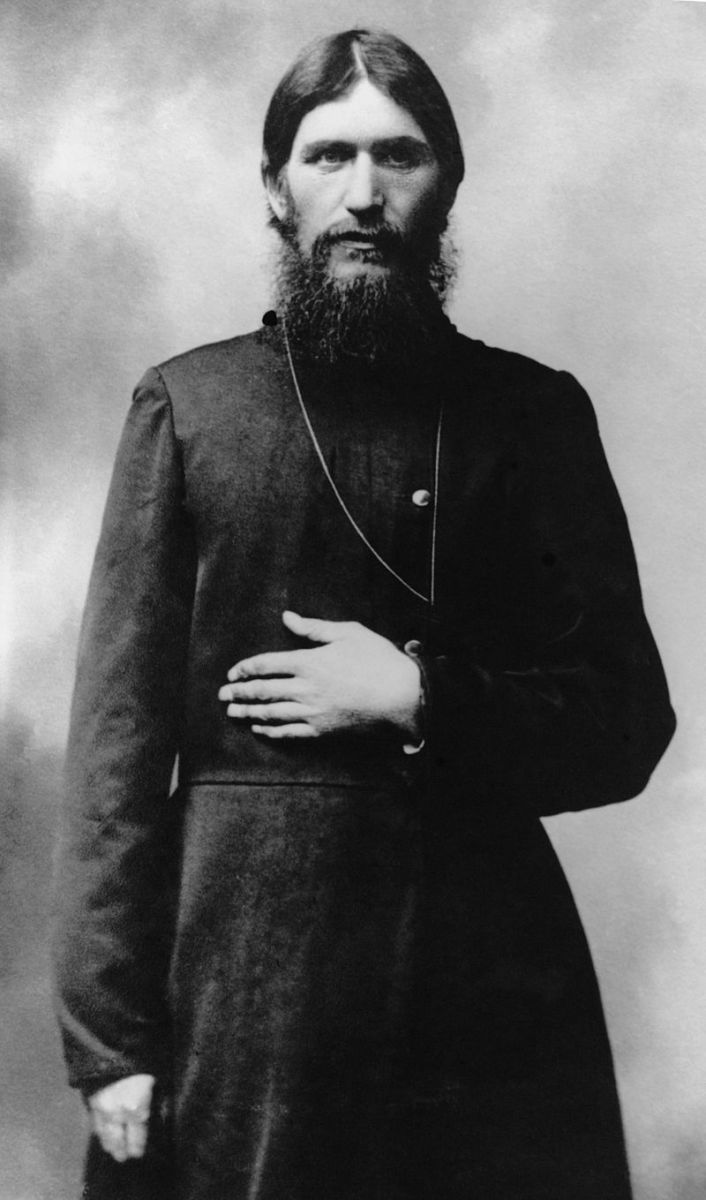10 Unforgettable Events That Changed the African Continent
The African Continent
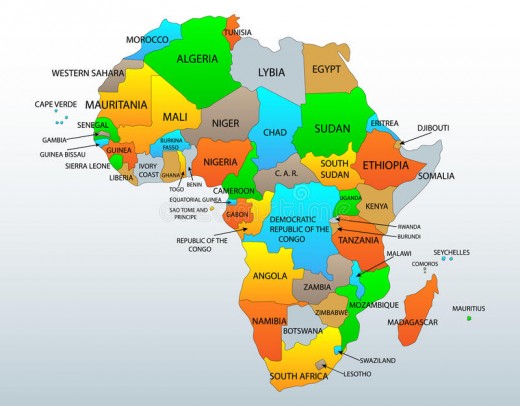
Covering 6% of the World’s land Mass, with a Population of 1.216 billion as from 2016; Africa is the 2nd Most Populous Continent on Earth and Cradle of Mankind after the Discovery of 2.3 million year fossil Australopithecus Africanus in Gauteng Province, South Africa and the Centre of World’s defining moments.
After the Scramble for Africa, with imperialist descending on the continent, some momentous events took place that forever changed its course and heralded a new era.
The criterion used in selecting the events was based on the social & political implication that continues up to now.
In No particular order, they’re:-
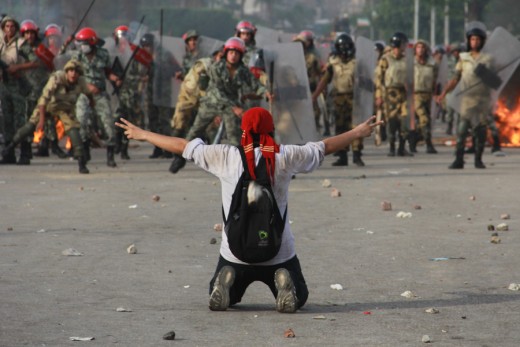
Arab Spring
It was sparked after the death of Mohamed Bouazizi, an unemployed Tunisian fruit seller, who doused himself in protest after his wares were confiscated by a municipal worker leading to a domino effect which begun first in Tunisia on 17th Dec, 2010 spreading to a number of Countries within and outside Africa; From Algeria, Egypt, Sudan, Djibouti, Yemen, Libya, Morocco, Mauritania in Africa to Jordan, Iraq, Oman, Bahrain, Kuwait, Lebanon, Saudi Arabia, Syria, and Iranian Khuzestan in Middle East.
It charted a new era with wide sweeping changes in the political & social arena where long standing Governments gave in to the protester’s demand for more inclusivity, democratic space, and equal opportunities.
It brought down political kingpins like; Libya’s Muammar Gadhafi, Egypt’s Hosni Mubarak, Tunisia’s Ben Ali, and Yemen’s Saleh. Countries like Syria, Yemen, Iraq and Libya were plunged into Civil wars with disastrous effects like; internal displacements, refugee crisis, rise of Terror groups (I.S.I.S), immeasurable destruction of infrastructure, and uncountable deaths of innocent civilians. The Civil discord in Yemen, Libya and Syria acted as proxy wars for countries notably U.S.A, Russia, Turkey, Saudi Arabia and Iran with no end in sight to the violence.
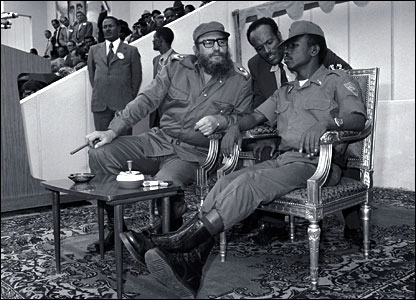
The fall of Siad Barre
After 22 years in power, following a successful coup in 1969, then Somali President Siad Barre was toppled on January 26th, 1991 effectively plunging the country into chaos and violence for the next 26 years. His fall saw the country torn apart by vicious warlords unleashing unimaginable cruelty towards their people, leading to one of the worst humanitarian crisis in our lifetime, as millions died starved from famine & hunger and many more fled to neighboring countries.
The disastrous intervention by U.S.A to forcefully distribute humanitarian relief saw the infamous downing of their superior black hawk which further isolated the country becoming a breeding ground for Terror groups like Al Qaeda, and its scion the Al Shabaab.
With no Central Government in place, Islamic militants controlled large swathes of areas acting as their launching pad to spread terror across the region; the August 8th 1998 bombing of U.S Embassy in Nairobi and Dar es Salaam, Garissa University Massacre, Kampala 2010 Suicide Bombing, and the Nairobi Westgate Mall Siege. The A.U(African Union) responded by forming AMISOM(African Mission In Somalia) to contain the nefarious terror groups by deploying more than 20,000 troops from more than 5 African Countries in support of the new Somali Government and help restore normalcy.
The disorder created another monster called Piracy, as Ships were held for ransom by Somali Pirates, who disrupted shipping routes costing the industry billions of dollars but a concerted effort by the international community has significantly reduced it.
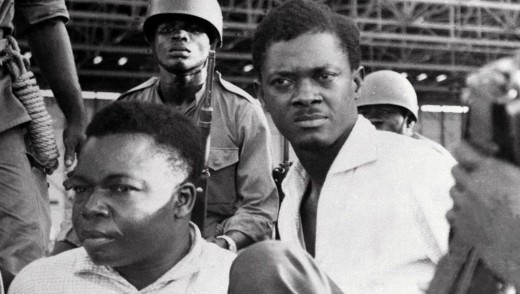
The Death of Patrice Lumumba
Patrice Emery Lumumba was assassinated on 17th Jan, 1961 at the age of 35 years having served for only 3 months as Prime Minister of the then Republic of Congo. He was a charismatic, popular, outspoken and pan African independence leader, betrayed by his own Government to the Belgians and C.I.A who brutally killed him, sparking a crisis that has torn apart the mineral rich country for more than 50 years, affecting neighboring countries and dragging them deep in the conflict.
Subsequent coups have further exacerbated the situation with successive Corrupt Governments losing legitimacy among the populace, creating warlords set on controlling areas with valuable mineral deposit using rag tag militias who mete out violence beyond comprehension on civilians and setting up humanitarian & refugee crisis out of control.
Which led to the 1st & 2nd Congo Wars involving 9 African Countries and 25 militias groups spanning over 2 decades resulting into an estimated 2-5 million casualties and many more displaced. With the biggest U.N Mission in the world, the conflict is getting complex by the day as more militias emerge challenging the weak & corrupt central Government and undermining peace efforts.
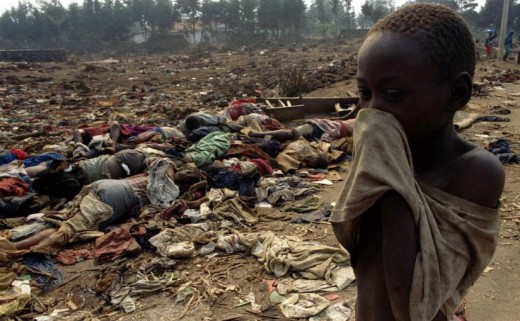
The Rwandan Genocide
From 7th April, to mid-July 1994, approximately 100 days, an estimated 500,000 – 1,000,000 Tutsi & moderate Hutus were systematically slaughtered by extremist Hutu militia sanctioned and supported by the Government after the assassination of the then Rwandan President Juvenal Habryimana and Cyprian Ntayamira of Burundi.
World powers, United Nations watched as horrific violence, sexual assault and killings were lashed out on civilians nearly wiping out the population of Rwandese Tutsi. The intervention of R.P.F leader Paul Kagame, who launched an offensive supported by Uganda, took the capital Kigali on 4th July 1994 and effectively ended the genocide. There was massive displacement of Hutus, fearing reprisals for their part in the genocide, fled to neighboring countries especially D.R Congo, where they set up base to launch attacks on the Government of Paul Kagame and igniting the 1st & eventually 2nd Congo wars.
Rwanda invaded D.R.Congo to flush out remnants of the Hutu extremists and create a buffer zone against the attacks. Inheriting a dilapidated economy, infrastructure and a population still mired in mistrust, President Kagame has come a long way in rebuilding the country from ashes to become Africa’s investor’s premier destination.
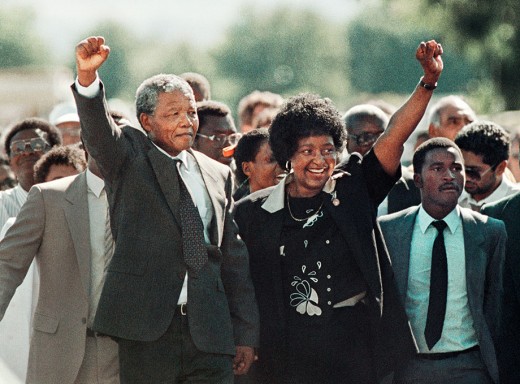
The fall of Apartheid
In 1948, the Afrikaner National Party or National Party under Daniel Francois Malan won the General Election, under the slogan, “Apartheid” (separateness) and 2 years later Apartheid became institutionalized following a series of legislations aimed at segregating people based on their color for the next 4 decades.
Despite international pressure, campaigns against it, the white minority Govt. tightened its grip & further advanced its policies e.g. the infamous “Bantustants” a homeland system created for different ethnic groups to live as separate entity from each other. With diplomacy failing, internal armed resistance and civil disobedience took over, piling pressure on the National Party, as Nelson Mandela emerged as the symbol against apartheid. The Government responded with unprecedented violence against such uprisings leading to the infamous Sharpeville Massacre of 1960, 1976 Soweto student uprising where 176 unarmed students were killed by police.
In 1962, Nelson Mandela was arrested, and sentenced to life imprisonment on Robben Island. In 1989 the Cold War officially ended, Berlin wall fell, U.S.S.R disintegrated and Communism exited, as U.S.A emerged as the sole world power and piled pressure on the apartheid Government to repeal its policies. F.W. De Klerk was elected president the same year; instituting series of negotiations culminating in the release of Nelson Mandela on 11th Feb 1990, after spending 27 years behind bars. On 27th April 1994, 20 million South Africans cast their vote and elected Nelson Mandela as 1st President of the new Rainbow Nation, effectively ending apartheid.
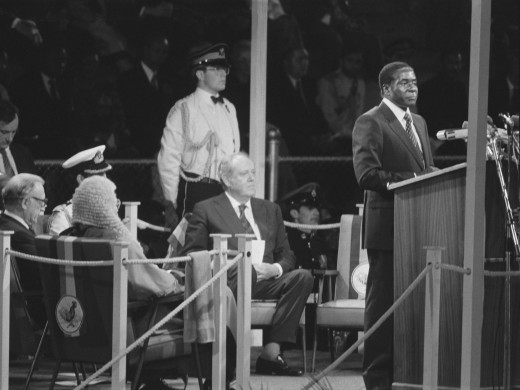
The Independence of Zimbabwe
On 18th April, 1980 in Rufaro Stadium, Reggae Legend Bob Marley performed his iconic hit; “Zimbabwe” to celebrate the independence of Zimbabwe formerly called Southern Rhodesia ending 57 years of white minority rule.
Prior to independence, on 11th November 1965 the Government of Ian Smith had declared Unilateral Independence from Britain assuming control of Nyasaland (Malawi) and Southern Rhodesia. Prompting a successful armed struggle led by Robert Mugabe& Joshua Nkomo in 1970 with assistance from various countries. Mugabe, became the 1st president of newly created Zimbabwe, the celebrations that followed were historic with World, African leaders, and cultural icons gracing the occasion.
Sadly, as with leaders of that time, Mugabe begun a systematic campaign to maintain & control grip on power by eliminating dissent, curtailing democratic space and presiding over a corrupt Government that brutalized economy of Zimbabwe. On November 6th 2017, after 37 years in power, the 93 year old Mugabe was deposed in a Military coup and succeeded by his deputy, Emerson Mnangagwa.
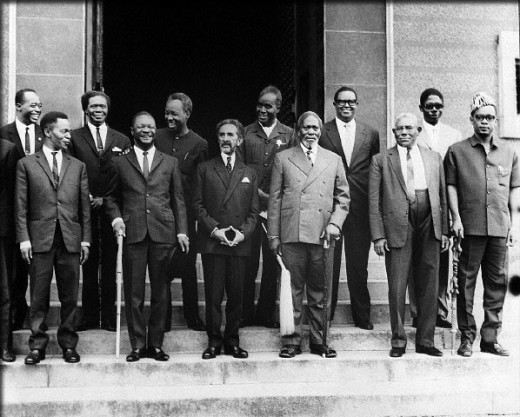
The Formation of O.A.U
On 25th May, 1963 at Addis Ababa, Ethiopia, 32 African countries signed a charter forming Organization of Africa Unity to; co-ordinate co-operation, defend territorial integrity, and eradicate all forms of colonialism and white minority rule.
O.A.U managed to rope in most African states as its membership grew (53 out of 54 states by 2002), it helped end any form of colonialism, or white minority rule and fostered unity in the continent. Sadly, its policy of non-interference, made it lose appeal among member states, as complex, emerging issues like; terrorism, democracy, globalization, International trade, International Monetary Fund proved its Achilles heel.
On 9th July, 2002 it was disbanded and replaced by African Union (A.U) which revitalized its policies in meeting the emerging trends.
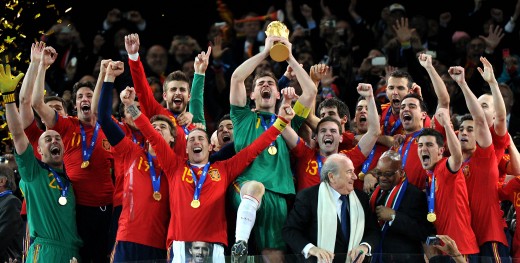
The 2010 World Cup in South Africa
Since the 1st World Cup held in Uruguay, on June 1930, 80 years later on June 2010, South Africa hosted the inaugural FIFA World Cup, with 32 teams descending on the Rainbow Nation competing against each other to become World Champion.
The historic event showcased Africa’s ability to successfully organize, and host a Global event which was a preserve of wealthy European, American and Asian nations. It announced Africa’s presence on the world stage in challenging the status quo enjoyed by the big nations and cemented our place in history. A total of 10 magnificent stadiums were built across 9 major cities hosting the matches, it was a truly memorable event that will forever be etched on our minds.
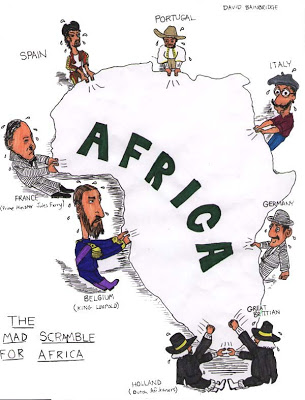
Scramble for Africa
It all begun at the Berlin conference of 1884, where competing European powers sought to “amicably” divide Africa amongst themselves, and exploit the rich, vast mineral resources.
In 1870, only 10% of Africa had been partitioned, by 1914, 90% was under imperial powers, with explorers like; David Livingstone, Morgan Stanley, John Speke, and James Grant, mapping most of East, Central, West, South Africa. The vast resources discovered, made the imperial powers adopt full time colonialism, and some like Belgian King Leopold made Congo their personal properties. To discourage dissent, the imperialist adopted divide & rule tactics minimizing any chance of organized movements and brought their; western cultures, religion, and education while establishing companies to fully exploit the vast resources.
But the “educated” Africans were awakened, realized the imperialist deceit, and sought to unify their brethren by forming nationalist movements agitating freedom from the colonialist. Scramble for Africa acted as the main catalyst in shaping Africa future and path in the next 133 years.
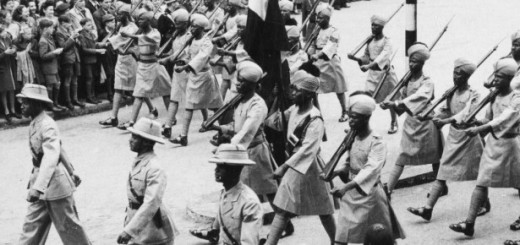
World War 2
After Hitler invaded Poland in 1939, so begun the Great War, sucking almost every nation on earth, as enormous resources & manpower were needed in the war efforts, and making the imperialist powers exploit their colonies for resources.
Thus, Africa was forcefully drawn to war, as millions of Africans were forcefully conscripted with promises of land, and better opportunities upon return. Some battles were also fought on African soil like the infamous Battle of El Amein.
After the war ended in 1945, colonial powers renege on their promises, making the returning vets disillusioned and sowed the seeds of nationalism as they formed movements and associations agitating for their welfare. The war opened their eyes, as they interacted with other like-minded Africans, fought alongside people who were under colonialism, shared ideas, and awakened a sense of Pan Africanism.
It’s after 1945; we saw countries like India gaining Independence, emboldening Africans who formed serious Nationalist movements challenging Imperialism. Cold War emerged, which saw the world divided along ideological lines of Communism and Capitalism. To increase their spheres of influence, U.S.A & U.S.S.R advocated against colonialism forcing colonialist strongly consider granting independence. In the next 2 decades after 1945, most African countries were granted Independence and self-rule.
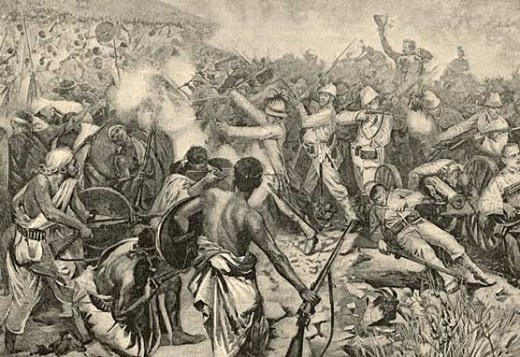
Battle of Adowa
It was sparked by a disagreement, between Italy & Emperor Menelik of Ethiopia regarding different interpretations of the 1889 Treaty of Wuchale, which had two versions; Italian and Amharic with each claiming theirs was the original.
Italy forcefully enforced their version through a military campaign, with initial success, but difficult terrain, inadequate supplies, inexperienced infantry, poor communication, old model guns and maps played out against them.
On 1st March, 1896 the two armies met, Ethiopia with an army outnumbering Italians 5 to 1, handed them an overwhelming and decisive defeat at Adua or Adowa. It was truly a historic moment, as an African Country defeated an imperial power and making it the only African country besides Liberia never to be colonized.
© 2018 Van Nchogu

